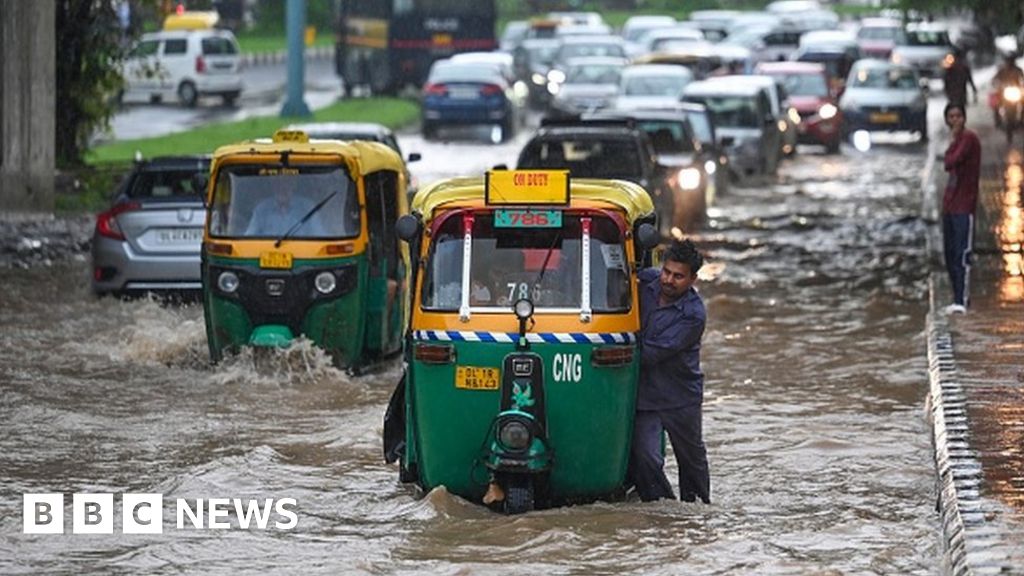
Meteorologists have attributed the heavy rainfall to a low-pressure area over northwest India, which has intensified the monsoon activity in the region. This weather system is expected to persist, bringing more rainfall over the coming days. The weather department's red alert indicates the likelihood of extremely heavy rainfall, urging residents to take necessary precautions.
Emergency services are on high alert as the continuous rain has led to water accumulation in several parts of the city. Major roads and underpasses are submerged, causing significant traffic jams and making commute challenging for residents. Public transport has also been affected, with delays reported on major routes and several flights at Indira Gandhi International Airport experiencing cancellations or delays due to low visibility and operational challenges.
Authorities have advised people to avoid non-essential travel and stay indoors. Schools in several districts have been closed as a precautionary measure. The municipal corporations of Delhi and surrounding areas are working round the clock to manage the waterlogging and ensure that drains are unclogged to prevent further flooding.
Health officials have issued warnings about potential outbreaks of waterborne diseases. Residents are advised to use boiled or bottled water and maintain hygiene to avoid infections. Hospitals are prepared to handle any surge in patients resulting from rain-related illnesses or accidents.
The heavy rain has also affected power supply in some areas, with outages reported due to water entering power substations. Repair teams are working to restore electricity as quickly as possible. Additionally, the downpour has disrupted telecommunication services in certain parts, affecting internet connectivity and mobile networks.
Farmers in the surrounding regions have expressed concerns over the impact of the heavy rain on their crops. While the monsoon is crucial for agriculture, excessive rainfall can damage standing crops, leading to significant losses. Agricultural experts are monitoring the situation and advising farmers on measures to protect their crops from water damage.
Urban planners and environmentalists have highlighted the need for better drainage systems and flood management plans in Delhi-NCR. The recurring problem of waterlogging during monsoons underscores the importance of sustainable urban infrastructure that can withstand extreme weather events.
In response to the severe weather conditions, the Delhi government has activated disaster management teams and helplines for residents. Citizens are encouraged to report any emergencies or waterlogging issues to the authorities for prompt action.
The Indian Meteorological Department (IMD) has urged people to stay updated with weather forecasts and warnings. The situation remains dynamic, and continuous updates will be provided to keep the public informed about the evolving weather patterns.
The heavy rains serve as a stark reminder of the vulnerability of urban areas to extreme weather events and the need for robust preparedness and response mechanisms. As Delhi-NCR navigates through this challenging period, the focus remains on ensuring safety and minimizing disruptions to daily life.
